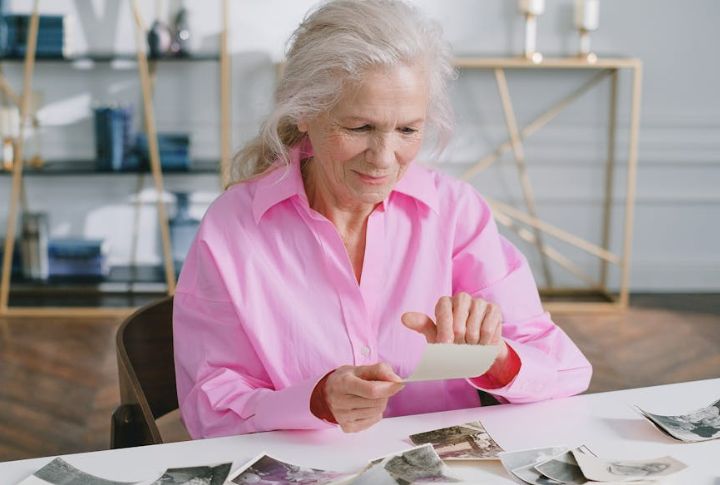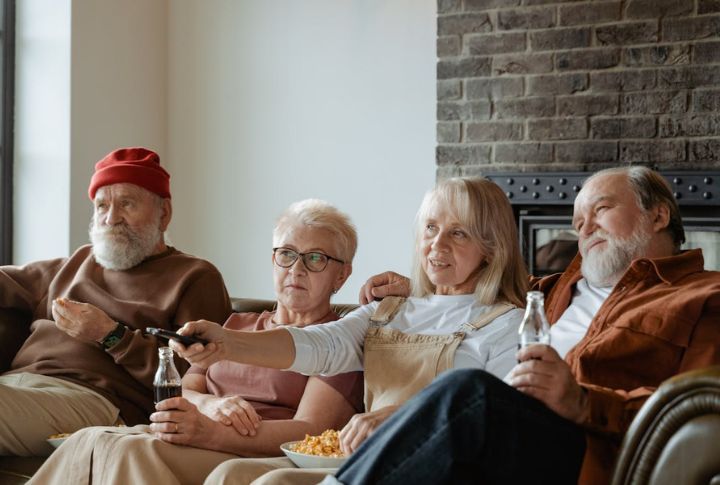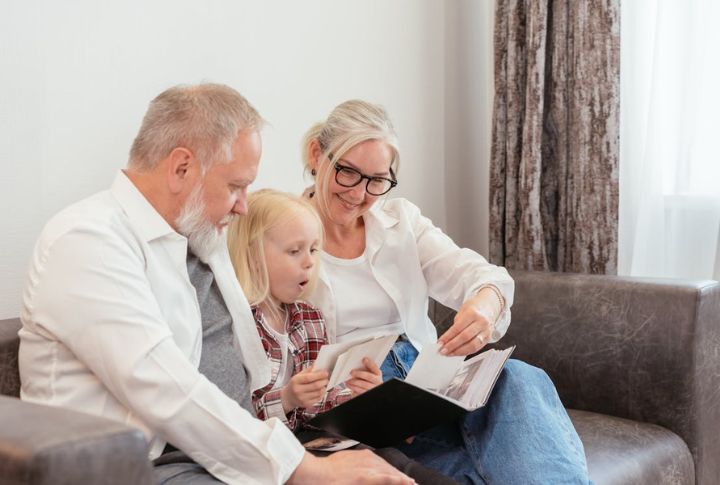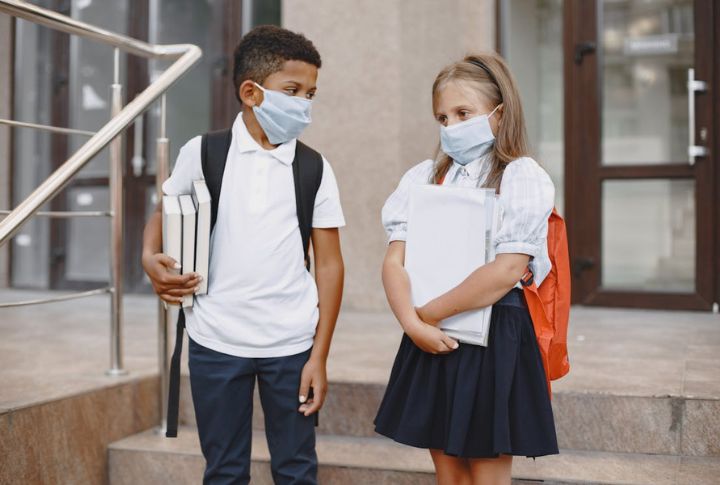
The past usually wears a golden filter, which makes imperfect moments shine brighter than they ever did. Psychology isn’t just curious about this phenomenon; it’s obsessed with it. Behind every sentimental sigh lies a set of powerful cognitive biases and emotional mechanisms. Let’s examine why memories get romanticized and what that says about how we cope and connect.
Nostalgia Activates Reward Centers In The Brain

Surprisingly, scientists have discovered that nostalgic recall sparks activity in the prefrontal cortex, the brain’s pleasure center. This process releases dopamine, which creates a chemical reward. Therapists use nostalgia to combat loneliness, and advertisers tap into it because the emotional payoff mimics hearing a beloved song.
Memory Bias Enhances Positive Recall

Psychologists call this “rosy retrospection,” a tendency that makes past events appear better than they truly were. Because unpleasant details fade faster in memory, the brain reshapes former experiences. As a result, people rate past vacations higher post-trip, and rereading old diaries frequently reveals inaccurate recollections.
Temporal Distance Weakens Emotional Intensity

The Journal of Experimental Psychology shows in one of its research reports that emotional intensity fades with psychological distance. Childhood punishments usually seem laughable in adulthood, and even trauma can dull over time. Time blurs events, reducing amygdala responses and causing once-painful moments to feel more tolerable, though not necessarily healed.
Present Dissatisfaction Fuels Past Idealization

When current life feels stressful, the brain begins constructing alternate versions of the past, called counterfactuals, that seem preferable. People in midlife crises are especially prone to this mental escape, while economic uncertainty and small daily stressors like gloomy weather significantly boost nostalgia-driven coping mechanisms.
Childhood Memories Form Core Identity

Autobiographical memory plays a major role in shaping self-concept, especially when early memories are processed through a self-enhancing lens. Psychological theory from Dan P. McAdams shows that people recall pets and snacks from youth with more emotional intensity than adult milestones. This proves how identity leans on distorted but cherished moments.
Retro Media Creates A Shared Emotional Anchor

Rewatching old TV shows doesn’t just trigger personal comfort; it strengthens social bonds by reactivating familiar neural patterns. Shared cartoon memories, VHS tapes, and 8-bit video games contribute more emotional value than functional appeal. Psychologists Erica Hepper and Tim Wildschut confirm that nostalgic media fosters emotional safety in group environments.
Cognitive Heuristics Favor Simplicity

Our brains prefer shortcuts, often making past decades feel simpler than they were. This “availability heuristic” leads many to romanticize the ’90s, even though they weren’t exactly carefree. Things like flip phones now represent a time of fewer distractions and emotional ease, reinforcing the illusion of a calmer era.
Language Framing Reconstructs Memories

According to linguistic relativity theory, as outlined by Benjamin Whorf, memory recall shifts based on word choice. Descriptions using emotionally charged language amplify the romanticization of events. For example, referring to a party as “magical” alters its mental storage. Over time, family storytelling gradually upgrades facts into familiar fictional comforts.
Cognitive Dissonance Reduces Past-Present Conflict

Mental discomfort causes people to rewrite memories in ways that better match their current identity. Memory smoothing allows awkward experiences—like teen embarrassment—to become character-building anecdotes. Evidence shows that recollections of prior decisions often improve retroactively when future outcomes validate them, helping preserve pride and internal harmony.
Routine And Repetition Strengthen Sentimental Attachments

Familiarity helps foster emotional attachment, as seen in the mere exposure effect. Predictable routines we once viewed as mundane later emerge as sentimental highlights. People miss old commutes they once resented, and even tasks like childhood chores acquire emotional meaning through familiarity and time.

